Cognitive Psychology
For more detailed information about program requirements and expectations, review the program handbook.
Overview
Students in the Cognitive Psychology program study basic cognitive processes in human memory, perception, language, music, motor control, decision making, and higher-level thinking, as well as the neurophysiological underpinnings of these processes. From their first year in the program, students are involved in the tasks that are performed professionally by cognitive psychologists: theoretical analysis, research design, data analysis, scholarly writing, teaching, editorial reviewing, and oral presentation of research.
The program encompasses six broad areas of focus and emphasizes laboratory and neuroimaging research and cognitive modeling in each:
- Memory
- Perception and action
- Language and speech
- Cognitive modeling
- Cognitive neuroscience
- Cognitive development
Because it is difficult to understand human cognition without a framework to test theories, the Cognitive Psychology program also encourages quantitative modeling. Students often collaborate with faculty and peers in the Quantitative Psychology graduate program, as well as in other departments, including the university medical school and hospital.
Qualifications
Back to top ↑
It is helpful for students in the Cognitive Psychology program to have had exposure to research in psychology, statistics, and computer science (e.g., programming an experiment). Although it is not necessary to have prior training, students should have a genuine interest in these domains.
Program of Study
The Cognitive Psychology program is designed to be completed within five years. During years one and two, students fulfill the requirements of a Master's degree by completing coursework and producing a Master's thesis by the end of the second year. Students complete the Candidacy Examination by the end of the third year, and they typically complete their dissertation and PhD degree by the end of the fifth year.
Coursework
Students pursue an individualized program of study that they prepare with their faculty advisers. They are required to complete Psych 6810: Statistical Methods in Psychology I and Psych 6811: Statistical Methods in Psychology II, and they must also take one course tied to each of the program's three areas of focus: perception, cognitive neuroscience, and language and memory.
Research
In the Cognitive Psychology program, students cultivate research and analytical skills while developing research theories and applications. They are immersed in research immediately upon starting the program, where they start by assisting their advisors and other department faculty in ongoing projects; as they gain experience, students assume larger roles in the conception and initiation of projects and eventually become full collaborators. Research may investigate questions such as: How do people perform skilled movements? How do they perceive and classify objects, scenes, and events? How do they process language, learn, and remember? What happens in development, aging, and processing disorders? Approaches to these issues include experimental research (both behavioral and neuroimaging) and theoretical modeling.
Core research requirements of the Cognitive Psychology program include the first-year project, the Master's thesis, one additional research project, and the dissertation. Additionally, students are required to deliver an annual oral presentation of research findings to program faculty and students. Students also typically present research findings at professional meetings and publish papers in professional journals.
Several affiliated interdisciplinary centers at the university—the Center for Cognitive and Brain Sciences, the Center for Cognitive and Behavioral Brain Imaging, and the Mathematical Biosciences Institute—offer resources that support and advance student research.
Facilities and Equipment
Cognitive Psychology students have access to resources for conducting behavioral experiments and performing computational modeling. Individual laboratories have systems for experimentation with and analysis of EEG, eye movements, heart rate variability, and speech perception and production. Students also have access to fMRI brain imaging through the affiliated Center for Cognitive and Brain Imaging.
Core Faculty

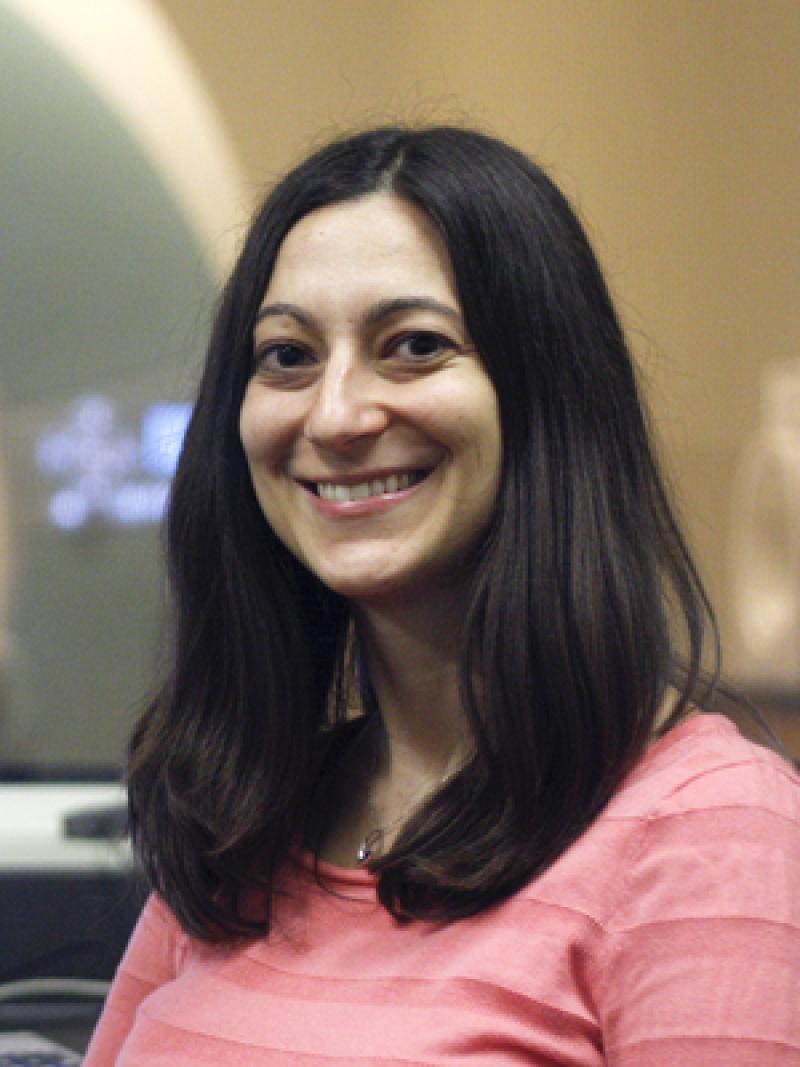

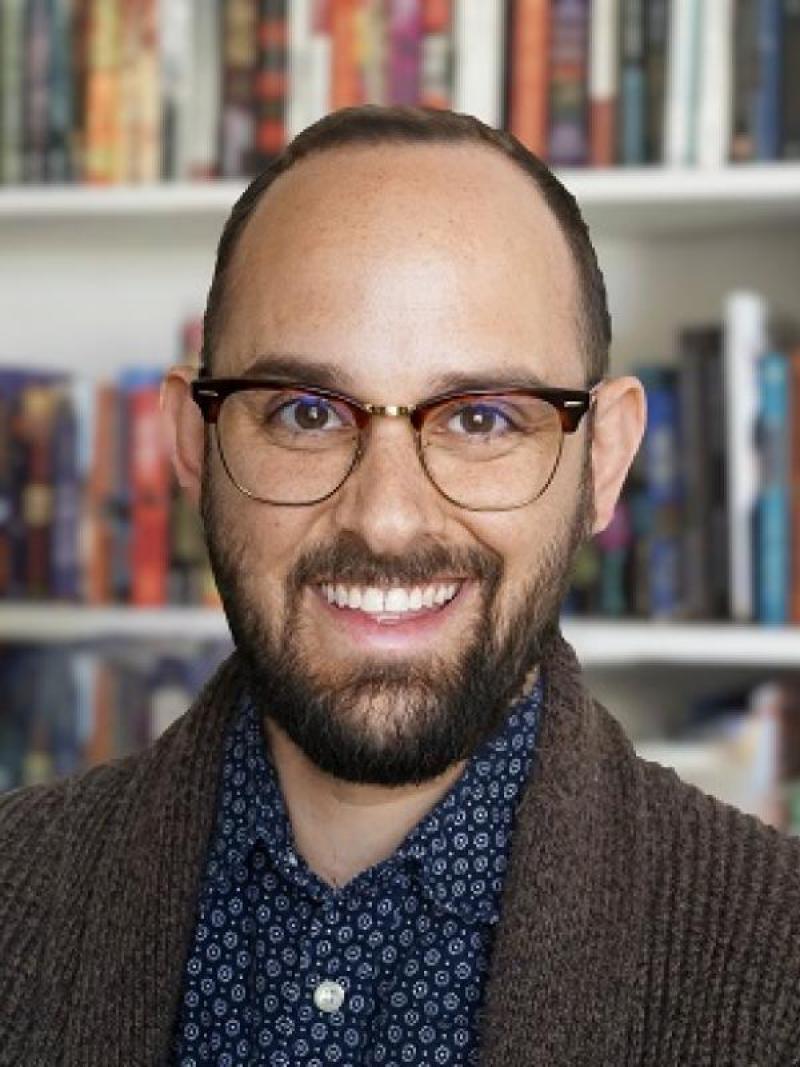
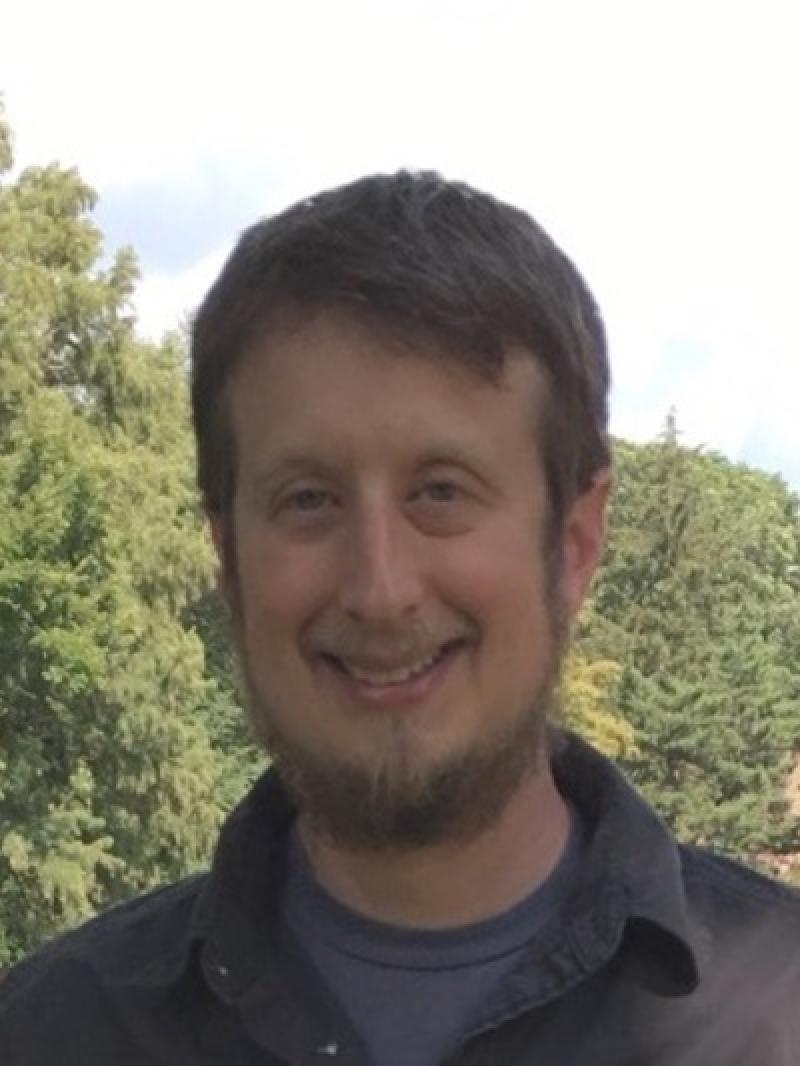
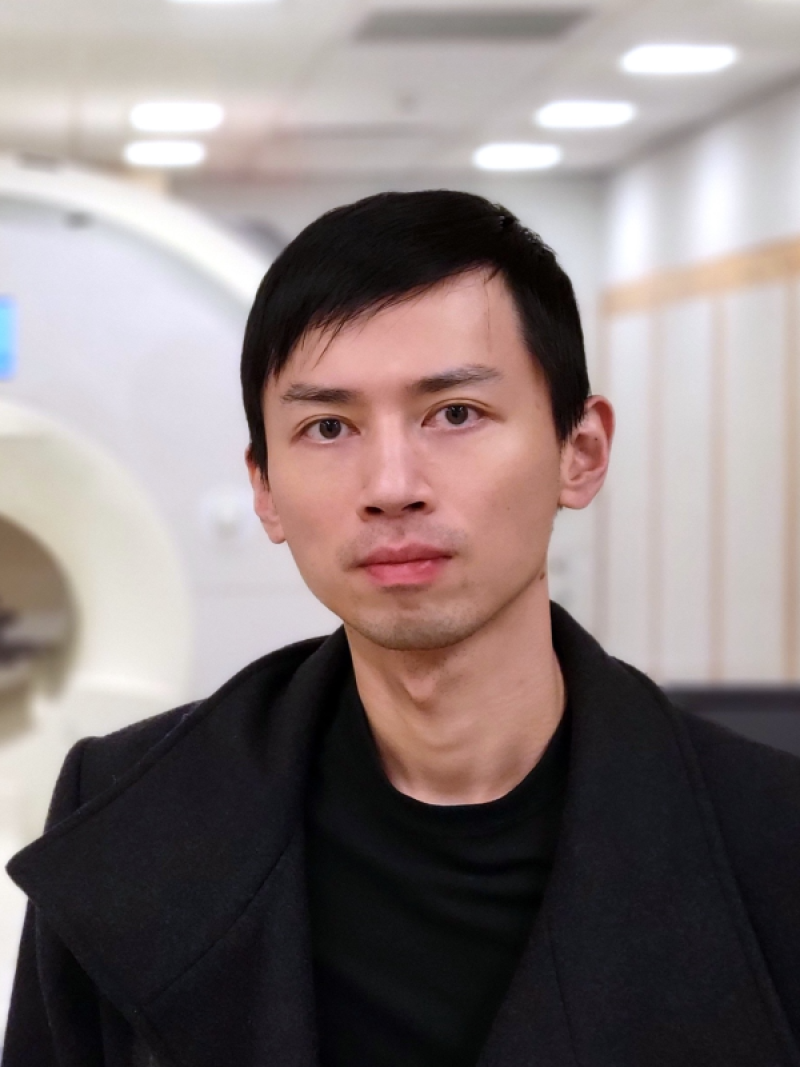

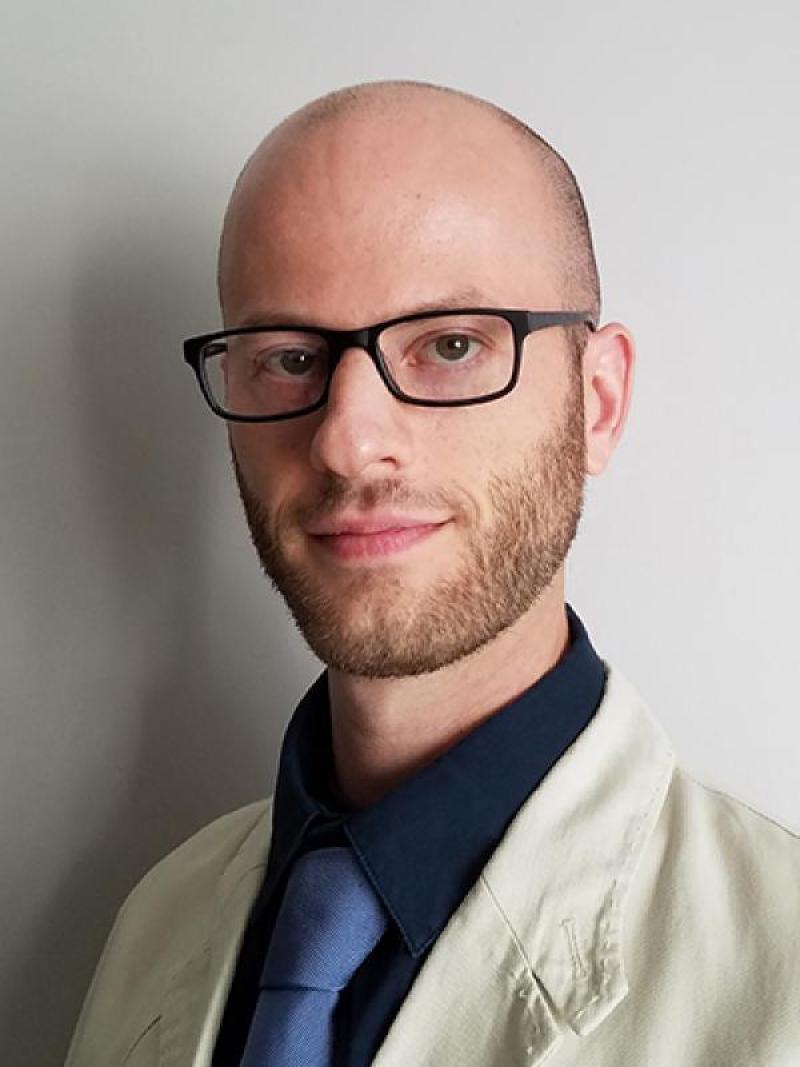
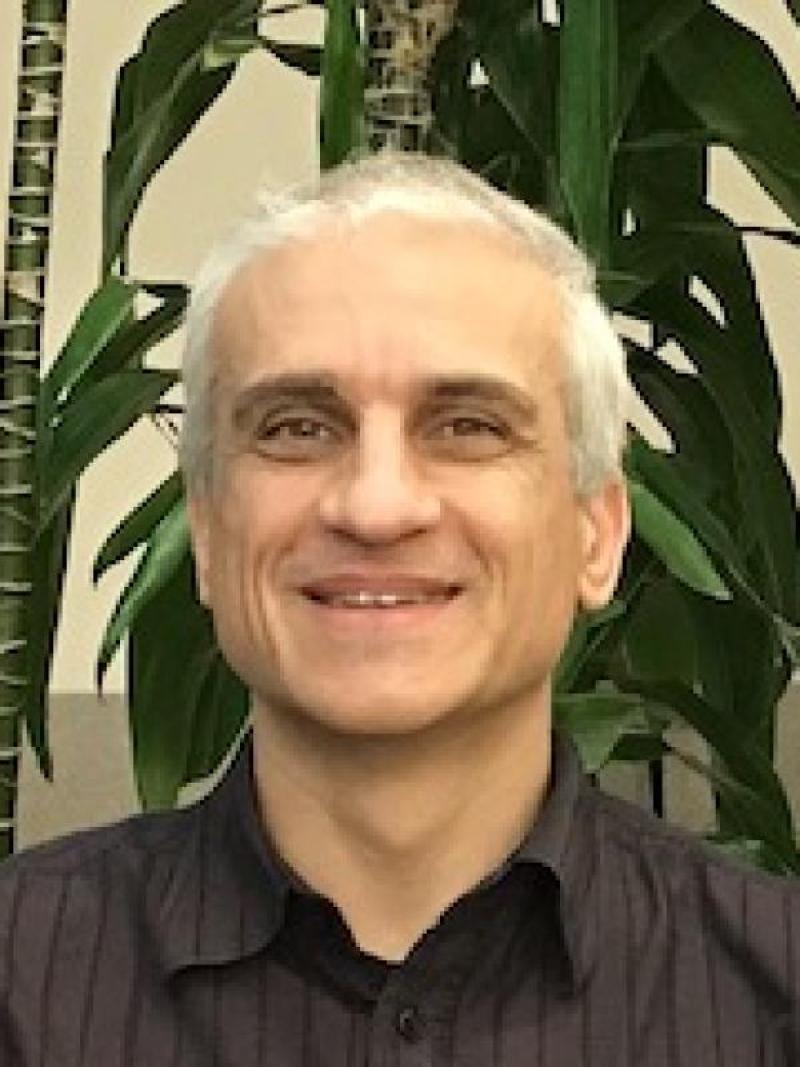
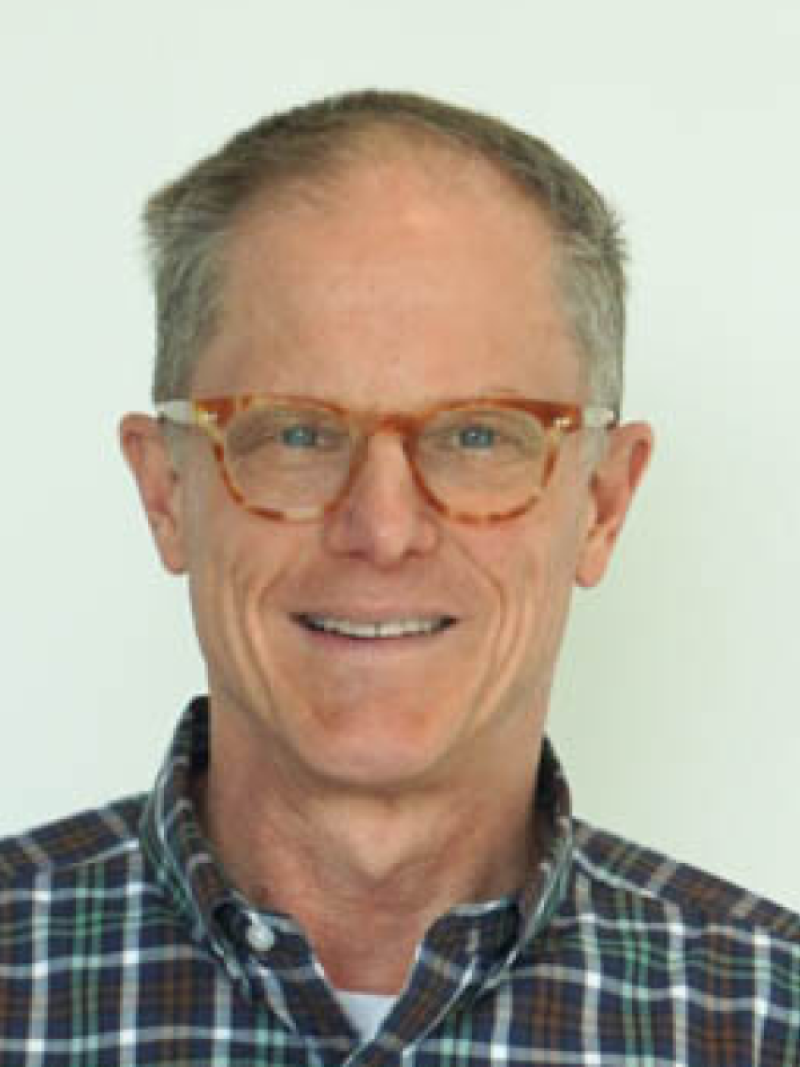
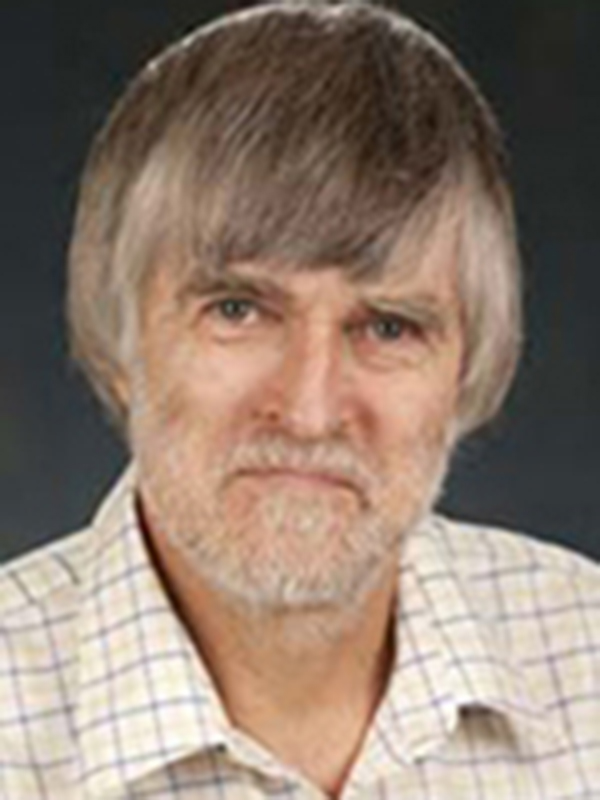
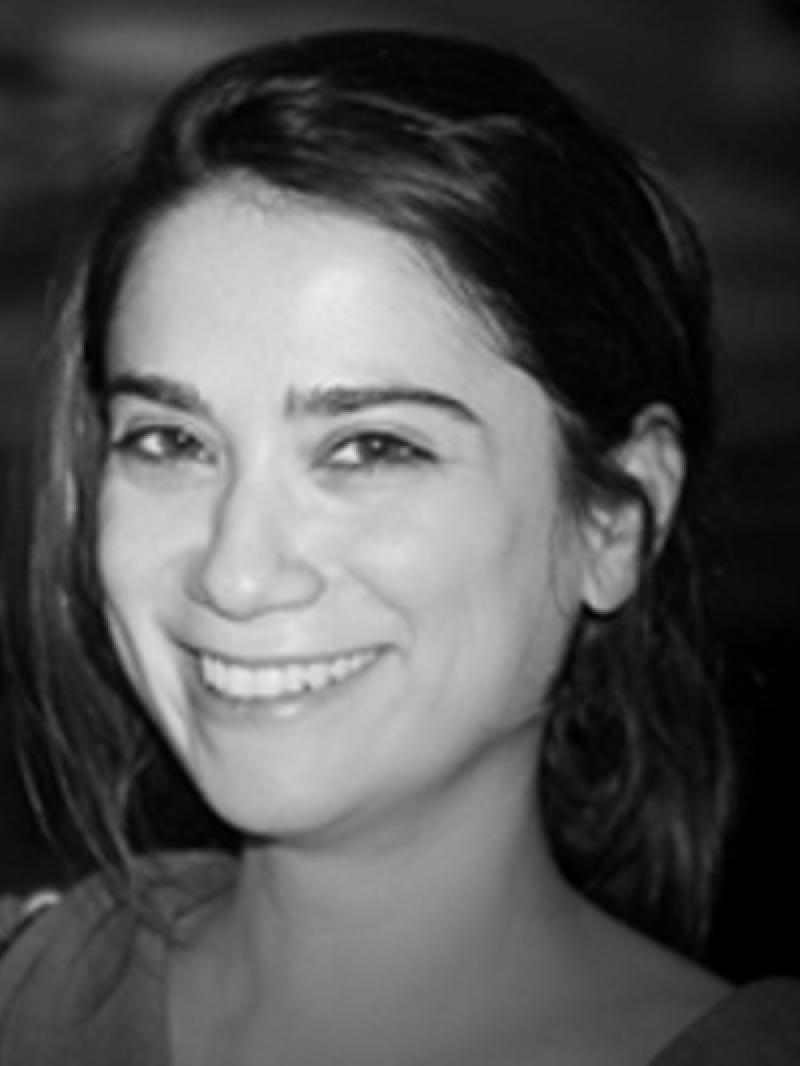

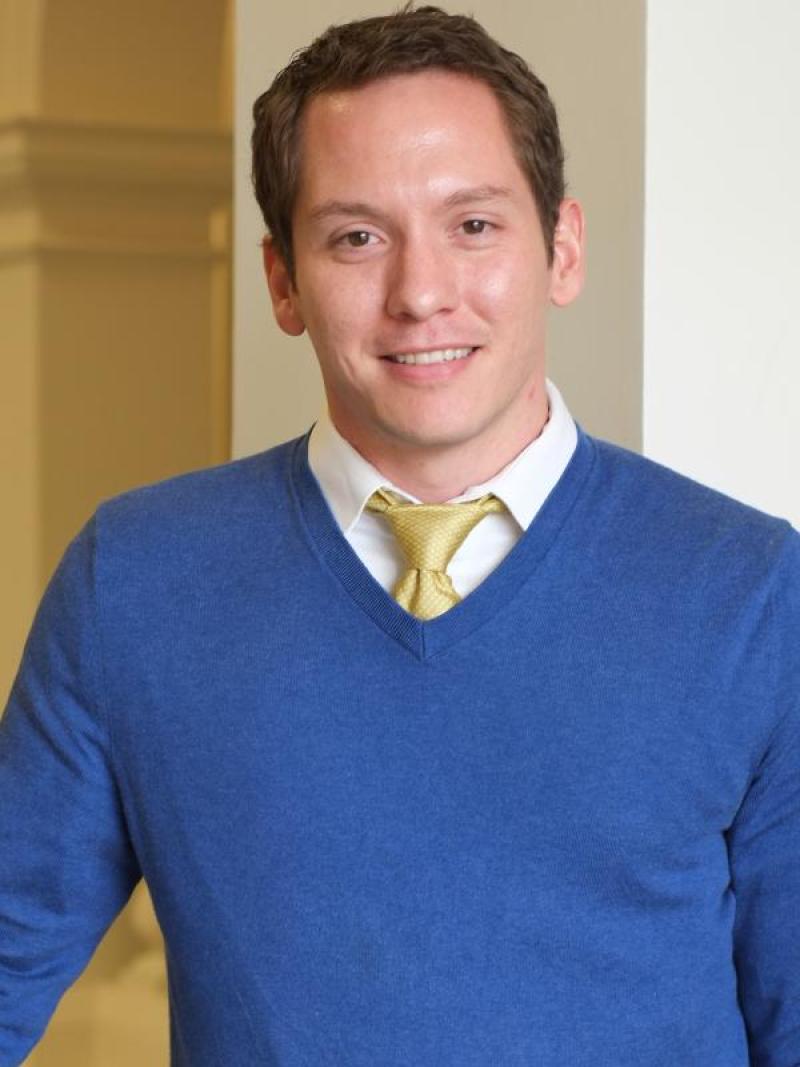
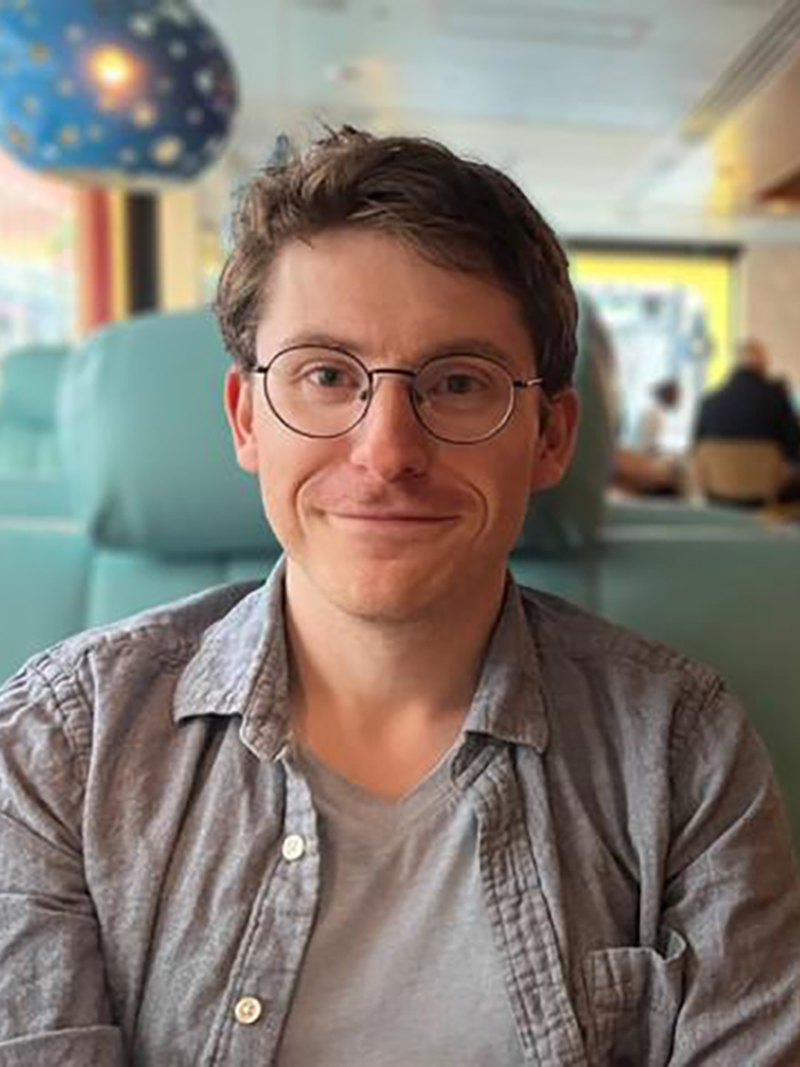

Bennet Givens
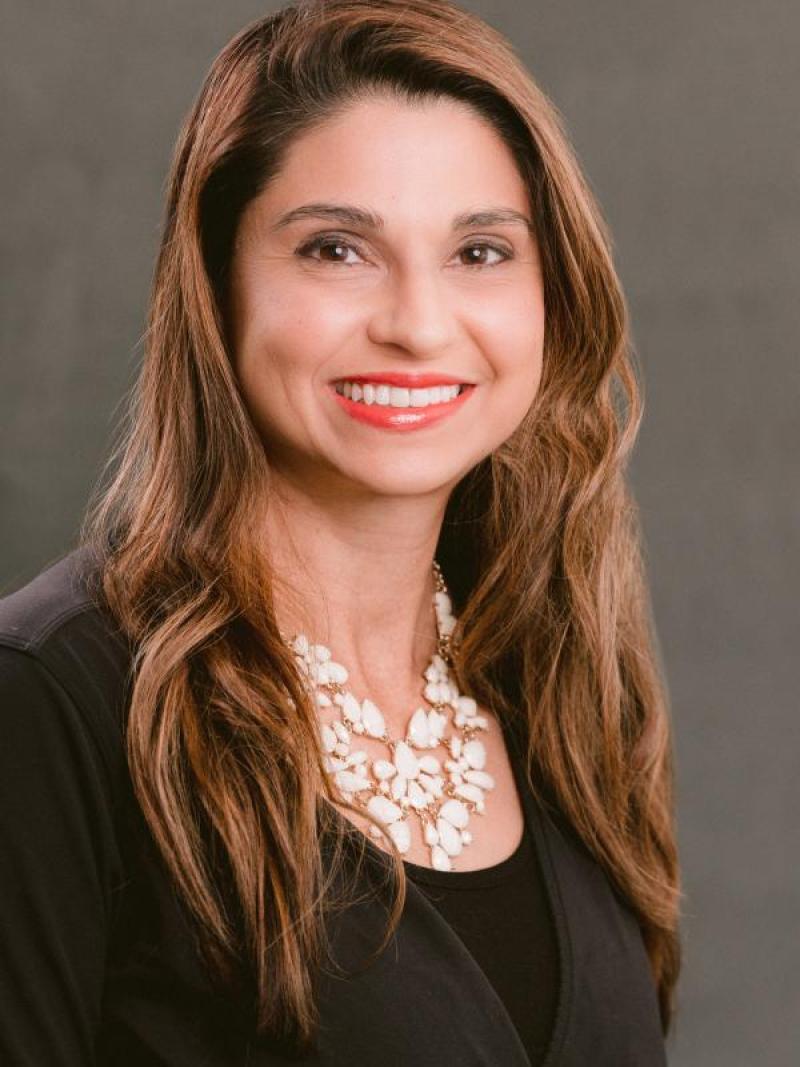
Jasmeet Hayes

Scott Hayes

John Opfer
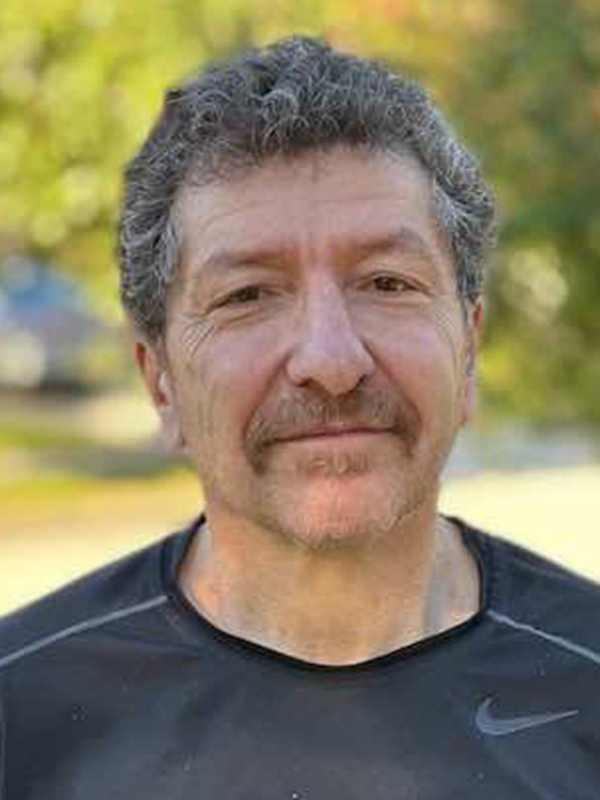
Vladimir Sloutsky


